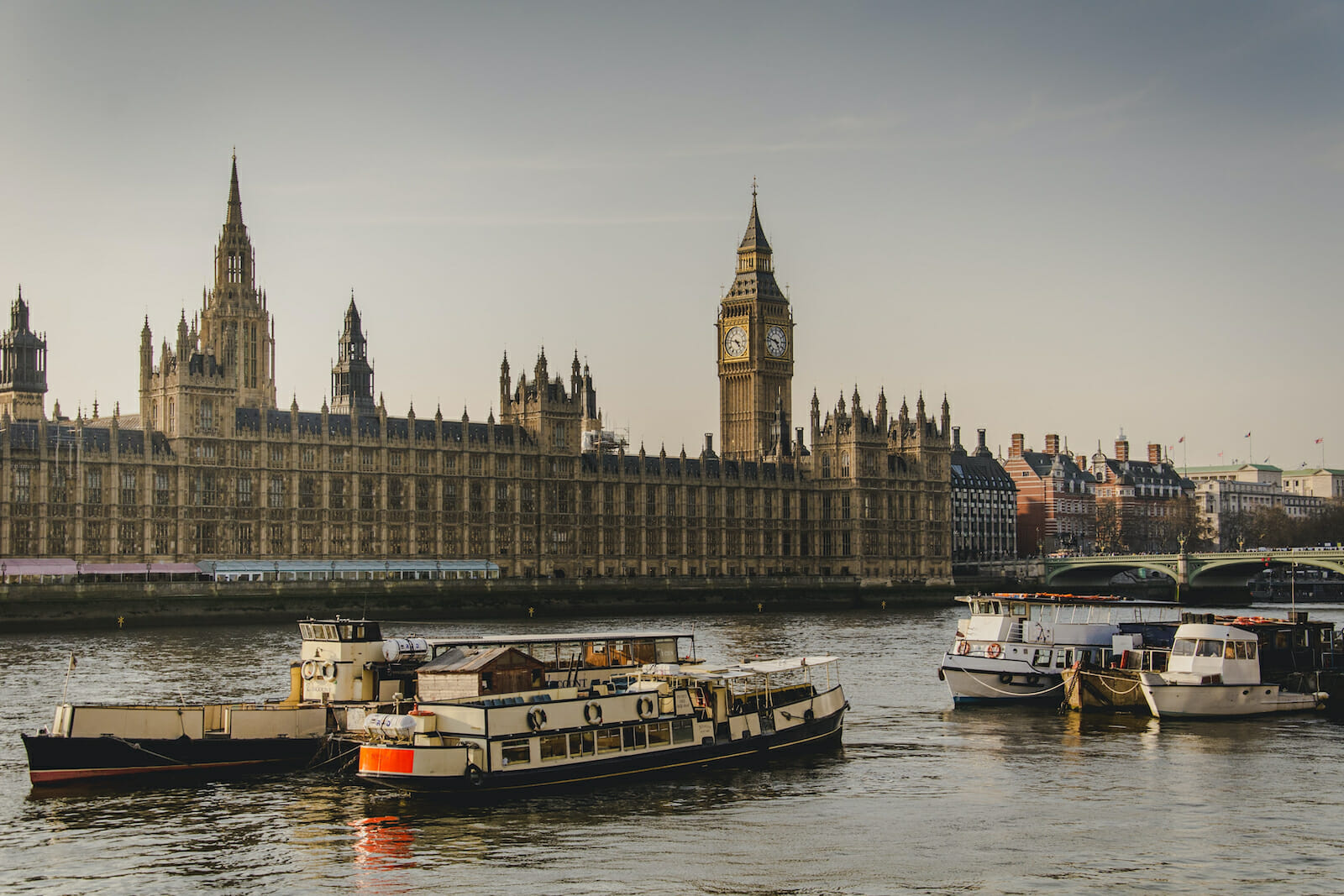
Democratic Reform: How Long will the Scandal-hit Lords Survive?
As the lobbying scandal around former Prime Minister David Cameron’s involvement with Australian financier Lex Greensill broke, then rolled, then rolled again ever onwards, there were many in political circles in Westminster who shrugged. Cameron’s actions – especially since he resigned and took a formal position with the company – were nothing new; the surprise to many was that he was so explicit about his involvement.
This isn’t always the case, as many other secret advocates try to fly under the radar. Undocumented work by peers, and dishonest behaviour, particularly in matters of business, is a common theme of rumours around the corridors of power. This week the gossip mill turned to one Labour peer known to conduct undeclared work in the Gulf. This individual is rumoured to be paid in cash, which they use to buy jewelry or watches before returning to the UK. In one deft move, a peer is therefore able to escape both parliamentary scrutiny and the attention of the taxman.
Although Cameron is retired from active politics, the public uproar, fed by a hungry media and a long-time political rival in 10 Downing Street, may yet have a lasting impact. Reporting of instances of common corruption and deceit like that of the Labour peer are much more common than in years gone by. Public outrage in the UK is building towards a crescendo as people grow weary of a political class descending into sleaze, and there is one institution looking increasingly more vulnerable than the rest.
The House of Lords has led a charmed existence. It has historically survived attempts at reform, shrugging off scandals and continuing to have the final say on parliamentary democracy in Westminster. As a bastion of tradition, ritual, and power, there are few other upper houses of such world renown.
Membership of this venerable place carries with it significant responsibilities, both in parliamentary terms and also in the behaviour of peers in their lives outside Westminster, whether personal or commercial. The reforms under Tony Blair shifted the make-up of the chamber from a hereditary system towards a structure dominated by nominated “life peers.” The hope was that those who had earned the right to be inducted into the upper chamber would be both better behaved and more deserving of the respect due to them than their predecessors.
Unfortunately, this has not been the case; if anything, their behaviour has grown worse than before. As a result of barefaced and unencumbered politics, leader after leader has chosen to stuff the Lords full of their own political allies, donors, and acolytes. This has tarnished the institution; barely a month goes by without another peer – or, more often, a whole host of them – behaving inappropriately, poorly, or downright illegally.
Some scandals are clear to see. Out-of-touch peers have been pilloried for abusing the allowance system, with cohorts of Lords and Ladies turning up to the Palace of Westminster to collect their daily stipend without bothering to vote or even speak in the Chamber. Peers have been caught in the act selling their services for money for years, but the problem continues to dog the institution and even threaten our national security. The Intelligence and Security Committee, one of the most powerful in Westminster, called only last year for the business links between Moscow and members of the House of Lords to be investigated, with various Lords all working for companies owned by the Russian state or by oligarchs considered proxies for it.
This abuse of power goes beyond the professional to the personal. Despite the widespread success of the #MeToo movement, unwanted sexual advances remain common throughout Westminster. Young, impressionable assistants of both sexes are vulnerable to the attention of older, more powerful figures. Certain peers maintain a high turnover of staff, and it is not difficult to see the reasons why.
Far from being upstanding members of society, it is clear that many peers – not all, and I hope not the majority – cannot protect themselves from their own ambition, greed, or stupidity.
Thankfully, this is recognised by a growing number of people. The House of Lords has come under significant and sustained pressure to reform and, with the election of a new Lord Speaker to be announced on 21 April, many are hoping that genuine change by a modernising force can up-end the current system.
Our watch-loving, tax-dodging peer should be careful. The time has come for full-scale reform and accountability, with voters, not politicians, responsible for choosing the fate of misbehaving peers.

